Our Speakers: Year Two
Fall 2019-Spring 2020
(Please note that the draft agenda below specifies topics and approximate dates that will undoubtedly change given individual scholars’ availability and unique approaches to the project’s overall theme.)
Death Talks #13 (Sept. 2019)
Smoke Gets in Your Eyes & Other Lessons from the Crematory
Caitlin Doughty
(Author, Mortician, and Founder, Order of the Good Death)
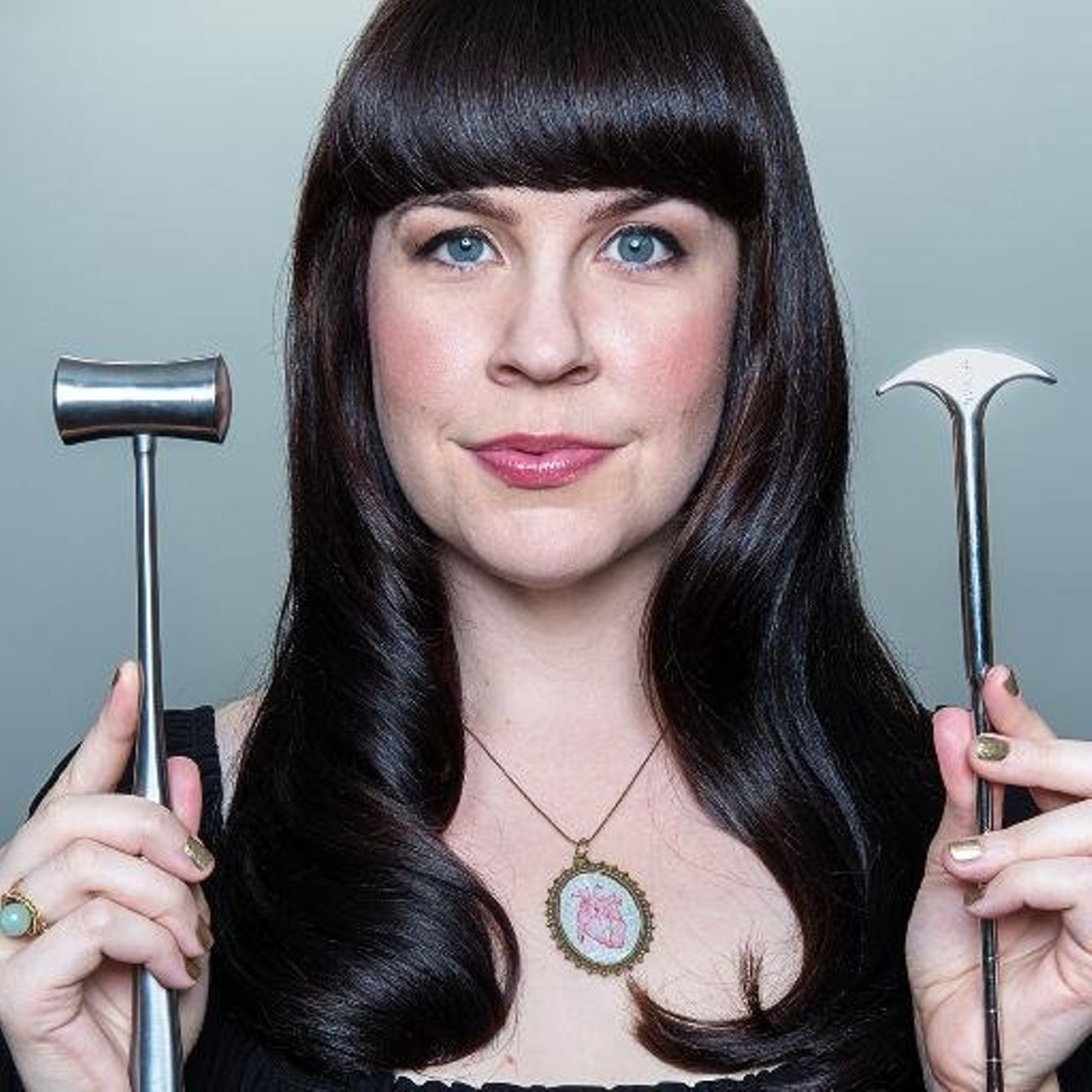
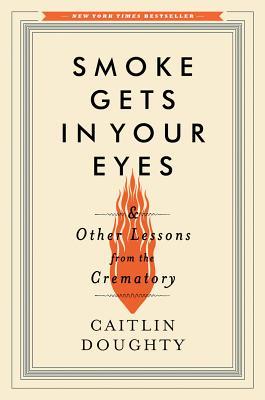
New York Times bestselling author Caitlin Doughty will regale us with tales from her experiences as a practicing mortician at Undertaking L.A., her progressive funeral parlor. Have you ever asked why Americans rarely die at home? And why we know very little about what happens to our bodies after death? Here’s your chance to find out from one of the most popular advocates for a more death-positive society.
__________________________________________________________________
Death Talks #14 (Sept. 2019)
“Revolutionary Suicide and the Werther Effect”
Dr. Michelle Faubert
(Associate Professor of English, University of Manitoba)
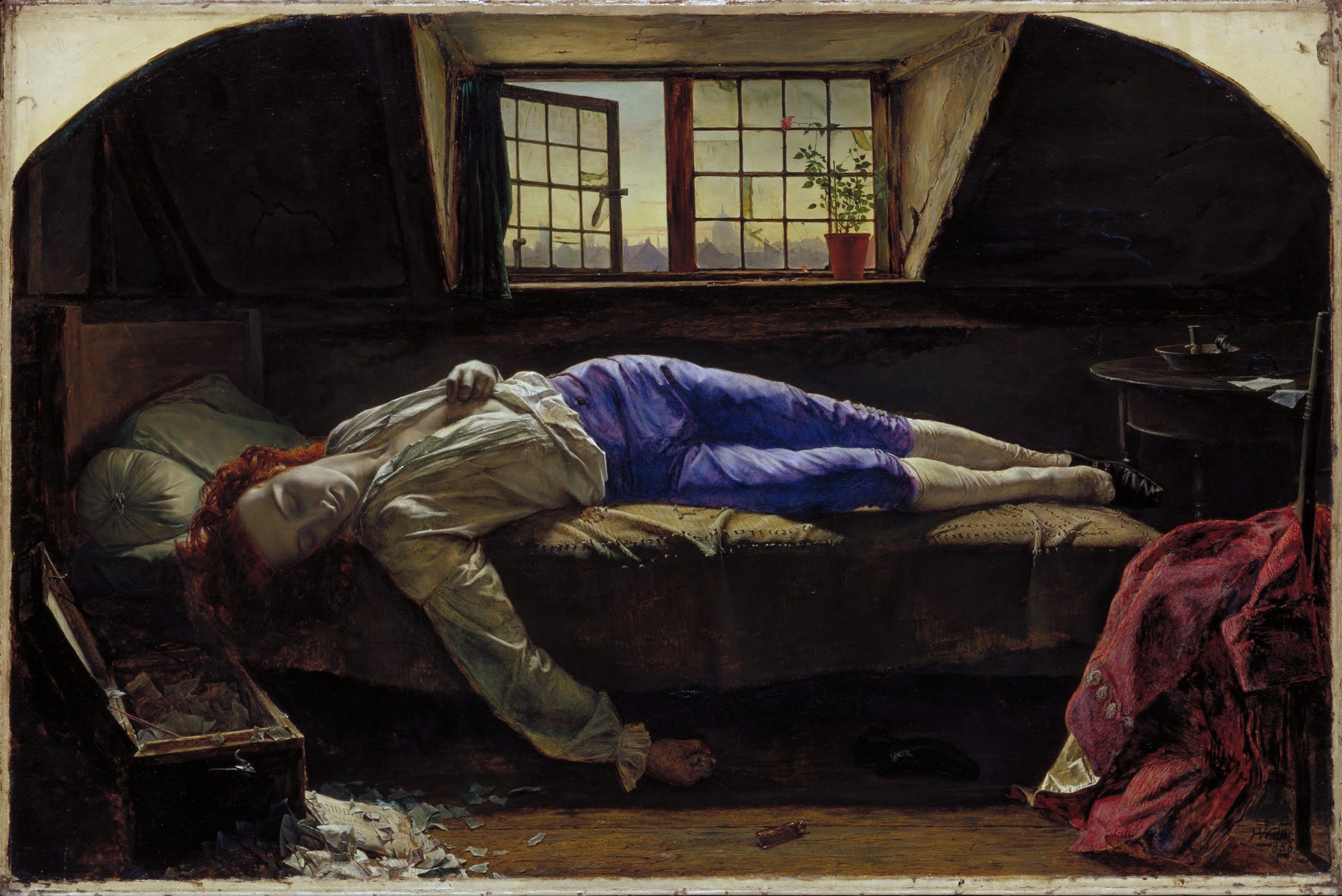
Did you know that more than two hundred years ago people worried about a suicide epidemic, of young people copying the suicide of a character from a very popular book? It was called the “Werther effect,” and the culprit was a 1774 German novel called The Sorrows of Young Werther, in which the main character falls madly in love with a woman he cannot have, and then commits suicide. Why is the suicide plot a recurrent theme in our contemporary imaginings of romantic love?
_________________________________________________________________
Death Talks #15 (Sept. 2019)
The Naked Afterward, a Novel
Dr. Adam Prince
(UCLA-Extension)
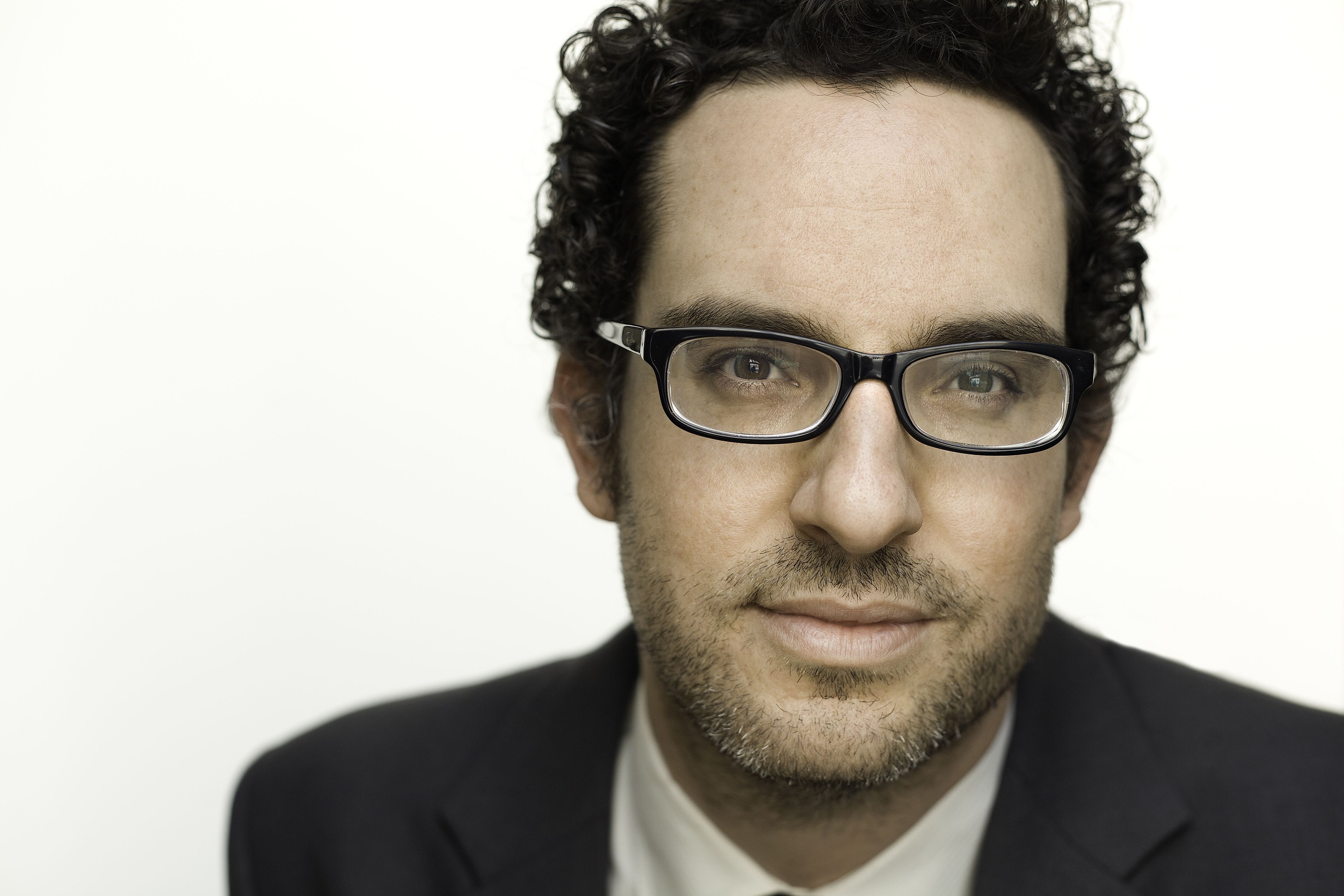
The Naked Afterward asks us to contemplate a future in which the entire nation is swept up in a suicide craze. Is this a dystopic fictional future or a story about our current anxieties? Do our fears of violent death—happening far off and right at home—inspire us to seek escape from all thoughts of death? The main character of this international literary thriller does exactly that, taking on a completely new identity in order to flee the death that surrounds him.
__________________________________________________________________
Death Talks #16 (Oct. 2019)
“Zombies: Are We the Living Dead?”
Dr. Sarah Juliet Lauro
(Assistant Professor of English and Writing, University of Tampa)
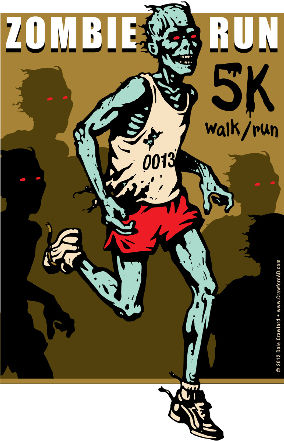
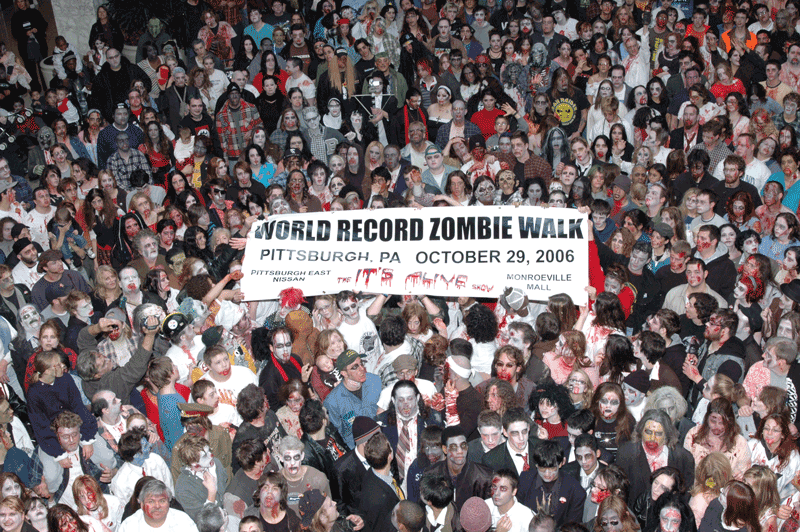
Why are we so fascinated by the figure of the zombie? While it’s hard to find a serious or seriously entertaining discussion of real death, it’s hard not to run into a fictional imagining of the living dead. Why do they appear in everything from popular television shows and films to classical literary works (Pride and Prejudice and Zombies), from massive Zombie Walks/Runs to shooter games? How can the zombie be both the thing that must be killed and the dead person that we emulate with so much gusto? Do zombies inspire different understandings of and even compassion for the monstrous other, or do they (quite literally) kill it?
__________________________________________________________________
Death Talks #17 (Oct. 2019)
“Human Being After Genocide”
Dr. Priscilla Wald
(R. Florence Brinkley Professor of English and Professor of Women's Studies,
Duke University)

How did our thinking about the “human being” change after the large-scale extermination of people during World War II? How did modern scientific ideas of the human—through genetic mapping and experimentation—fundamentally alter our understanding of what it means to count as “human” in the first place? Looking at the unexpected consequences of genocide, in science fiction as much as in science, Dr. Wald takes us through a landscape of death that may profoundly change the way we see how other people live and die in the world today.
__________________________________________________________________
Death Talks #18 (Feb. 2020)
“What Children Learn about Death from Films”
Dr. Marianne Matzo
(Clinical Professor, Department of Family Medicine, University of Oklahoma)
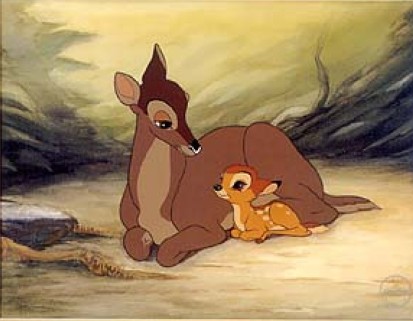
Have you ever been faced with the challenge of explaining death to children? Writer of the authoritative textbook on palliative care nursing, Dr. Marianne Matzo will guide us in a discussion on how and what children learn about death from the films they watch. Bring your questions and ideas about approaching the topic of death from new, creative, and empowering vantage points.
_________________________________________________________________
Death Talks #19 (March 2020)
“Pregnancy Loss”
Dr. Linda Layne
(ReproSoc Fellow, Cambridge University)
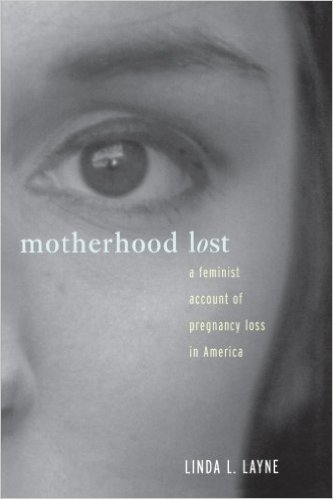
How have Americans dealt with pregnancy loss in contemporary society? Has conversation about pregnancy loss been more or less open in recent years? And how is this connected to the dramatic rise in infertility treatments and technologies? Anthropologist Dr. Linda Layne examines these questions in ways sympathetic both to feminist concerns and to the unique pain of losing pregnancies.
_________________________________________________________________
Death Talks #20 (March 2020)
“Fatal Violence Against Pregnant Women”
Dr. Jennifer Musial
(Assistant Professor of Women's and Gender Studies, New Jersey City University)
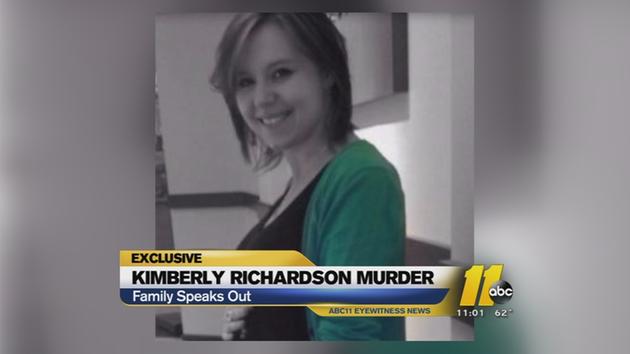
Media culture’s representations of pregnant women who are murdered differ in striking ways along racial and class lines. Dr. Jennifer Musial examines reasons for these differences and asks how cultural images—from “Missing” posters to social media memorials—teach us to grieve some pregnant women and not others. Does the “social death” of the less fortunate and raced body absolve us of the need to mourn lives that aren’t deemed to be “worth living”?

